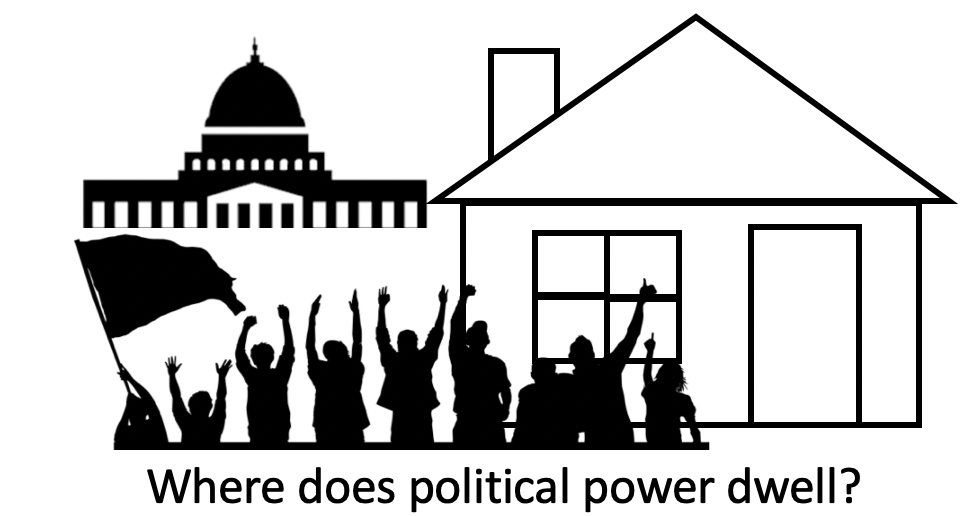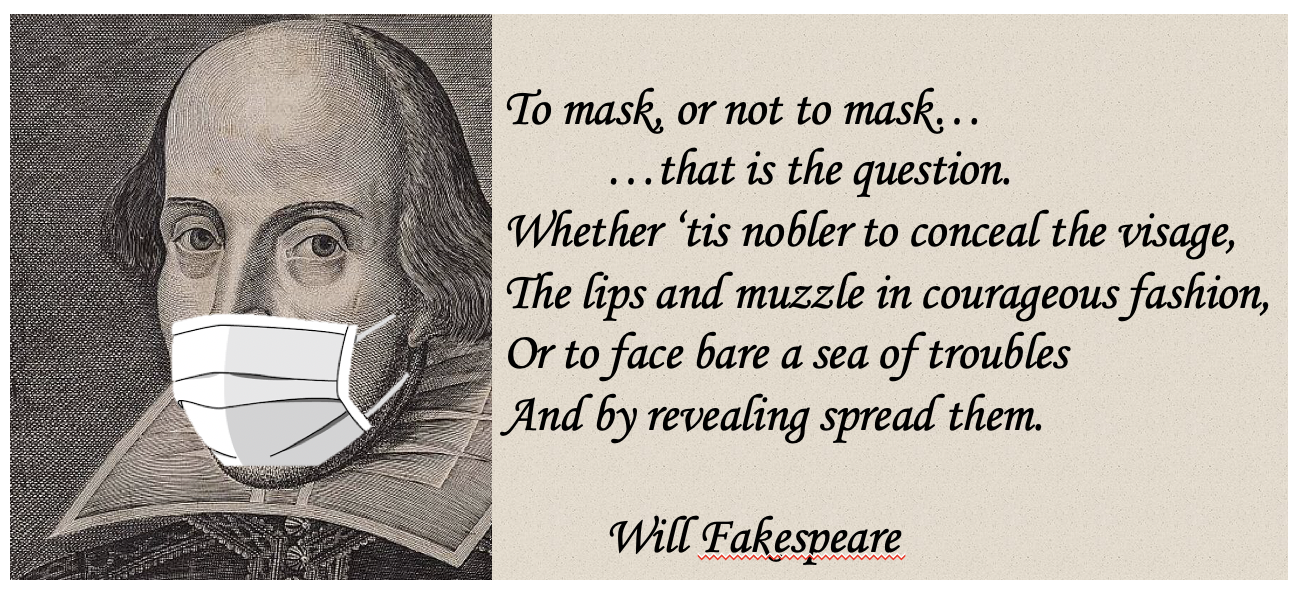An article in Time describes a “plague of loneliness” exacerbated by social distancing during the pandemic. But being alone does not mean being lonely. Some dread solitude. Others use it to create, think, and dream.
Loneliness can be caused by social conditions. The isolation of the pandemic provides an obvious example. An isolating culture can reinforce psychological pathologies such as agoraphobia and social anxiety.
But solitude can be inspiring. Poets and philosophers have often affirmed it. Emerson said, “people are to be taken in very small doses. If solitude is proud, so is society vulgar.” By “vulgar” Emerson means “ordinary.” Emersonian solitude seeks to transcend the ordinary. Schopenhauer and Nietzsche agreed. They imagined the great soul rising above the vulgar masses, alone on a mountaintop.
This is a typically masculine idea, patronizing and condescending. Men have traditionally been free to indulge heroic individualism. Women were not permitted the luxury of what Virginia Woolf called “a room of her own”—a refuge for creative individuality.
Freedom and creativity are essential for avoiding the dread of loneliness. Solitude is not dreadful when freely chosen. To be forced into solitary confinement is a terrible punishment. But the mystic chooses silent meditation and the poet retreats to her private room.
The dread of loneliness is connected to boredom. Lonely people are isolated with nothing to do. But solitude can be replete with activity. Indeed, some activities require us to be alone.
Hannah Arendt explained the difference between the productive solitude of the life of the mind and a more dreadful kind of loneliness. In loneliness, you exist as a mere object and not as an active thinking being. But in productive solitude, you keep good company with yourself.
The novelist Thomas Wolfe once claimed that he was the loneliest person he knew. He understood that loneliness gives rise to the desire for self-expression. But he also knew that loneliness lingers as the after-effect of the creative act, an emptiness that remains after your song has been sung.
Wolfe saw loneliness as “the central and inevitable fact of human existence.” Loneliness, he said, sucks the joy from life, leaving us empty, impotent, ruined, and lost. Time seems to flow on without us, while we sit “drugged and fettered in the prison of loneliness.”
One solution is found in religion. Religious thinkers have plumbed the depths of solitude, retreating to monasteries and sitting in silence. Thomas Merton, a Trappist monk, explained that solitude opens an abyss within that points toward the infinite. A different religious idea is offered by Dorothy Day who said that we overcome loneliness through service, community, and love. She explained, “We have all known the long loneliness and we have learned that the only solution is love.”
This is a common refrain: to transform loneliness into love. A poem from Charlotte Perkins Gilman (“Finding”) provides a poignant example:
Out of the great darkness and wide wastes of silence, Long loneliness, and slow untasted years, Came a slow filling of the empty places, A slow, sweet lighting of forgotten faces, A smiling under tears.
Gilman reminds us that loneliness is what allows memory to unfold. When alone we can enjoy the memory of those we’ve lost. Later in the same poem, she explores how lost love opens onto a broader love:
Love like the rain that falls on just and unjust, Love like the sunshine, measureless and free, From each to all, from all to each, to live in; And, in the world's glad love so gladly given, Came heart's true love to me!
Here we get a sense of the strange productive power of solitude. From out of loneliness grows the urge to communicate and to love.
The highest human goods—art, religion, and philosophy—require solitude: a quiet and empty space in which the spirit can unfold. Instead of allowing solitude to devolve into dreadful loneliness and succumbing to boredom, we must find ways to fill the emptiness with meaning, whether in exploring our memories or writing poetry. This is also what scientists, entrepreneurs, bakers, and gardeners do: they create, build, and explore. The aloneness of the creative soul is a pregnant at-one-ness, waiting to give birth to beauty, knowledge, and love.






